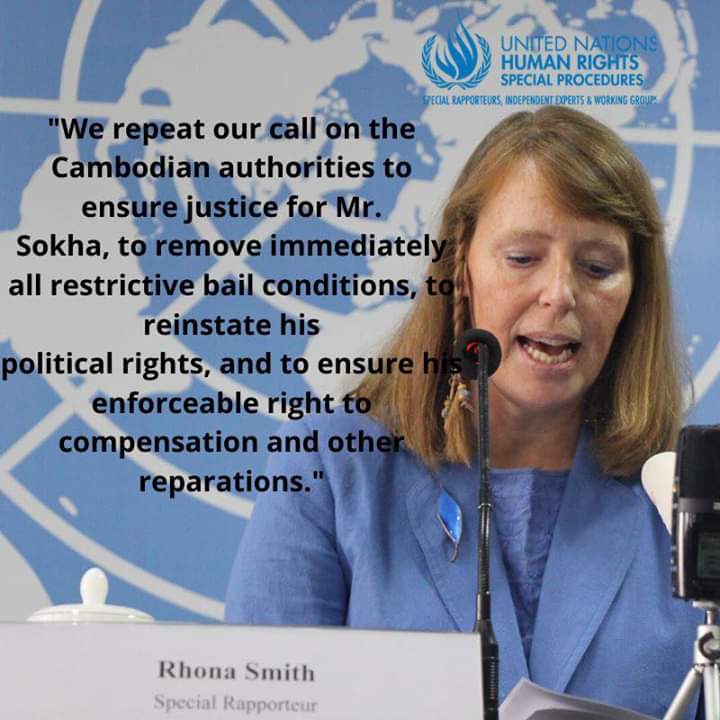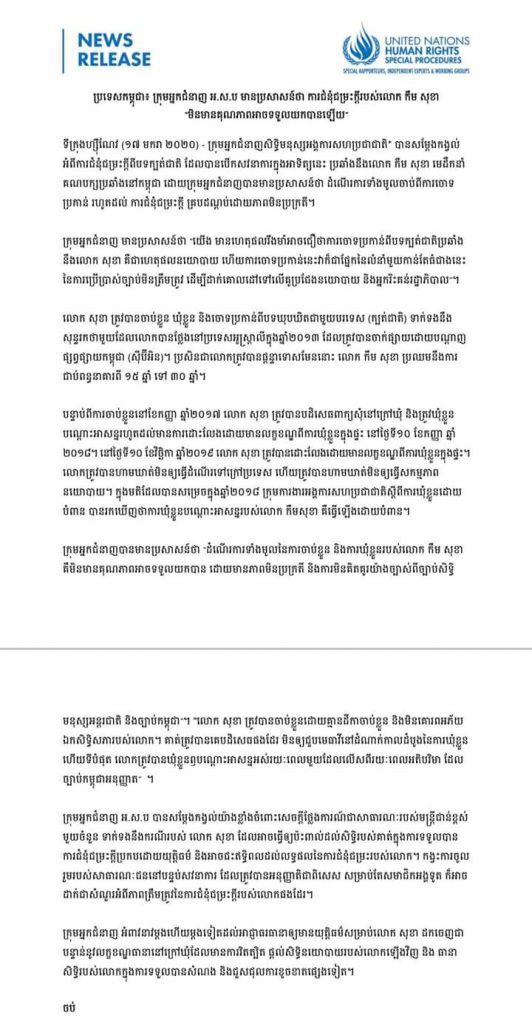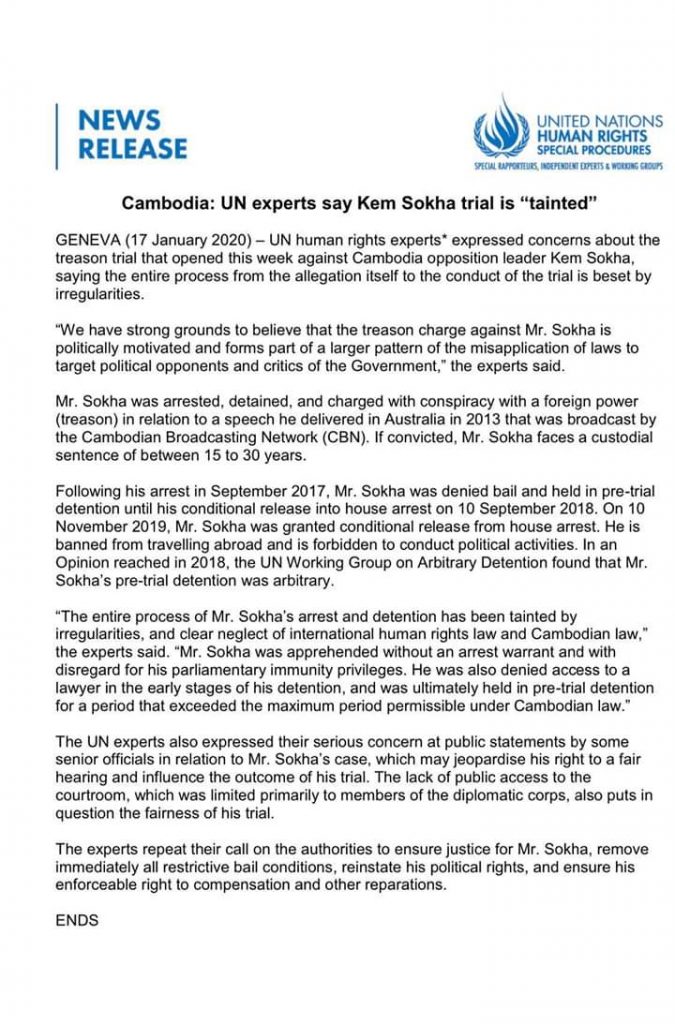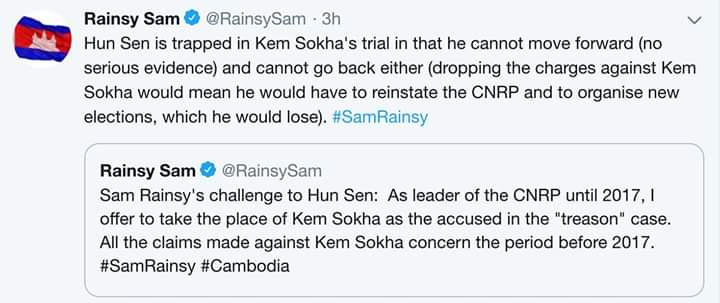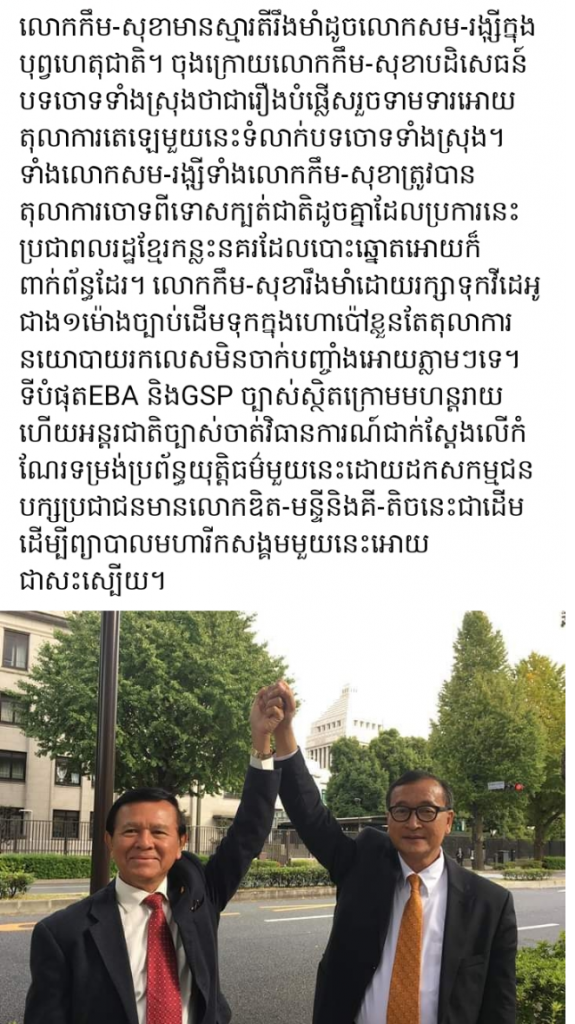Global brands urge Cambodia to reform labor amid EU sanction threat
PHNOM PENH (Reuters) – Global clothing and shoe brands, including Adidas, PUMA and Levi Strauss have written again to Cambodia’s longtime leader saying the country’s record on labor and human rights threatens to bring down sanctions on its crucial garment industry.
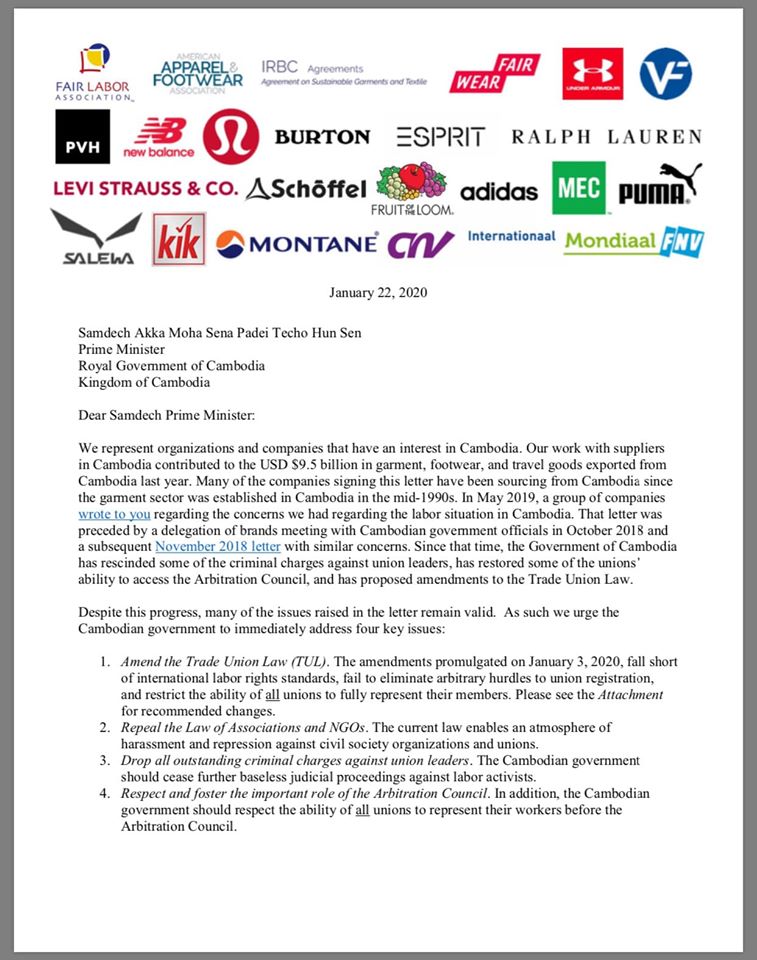
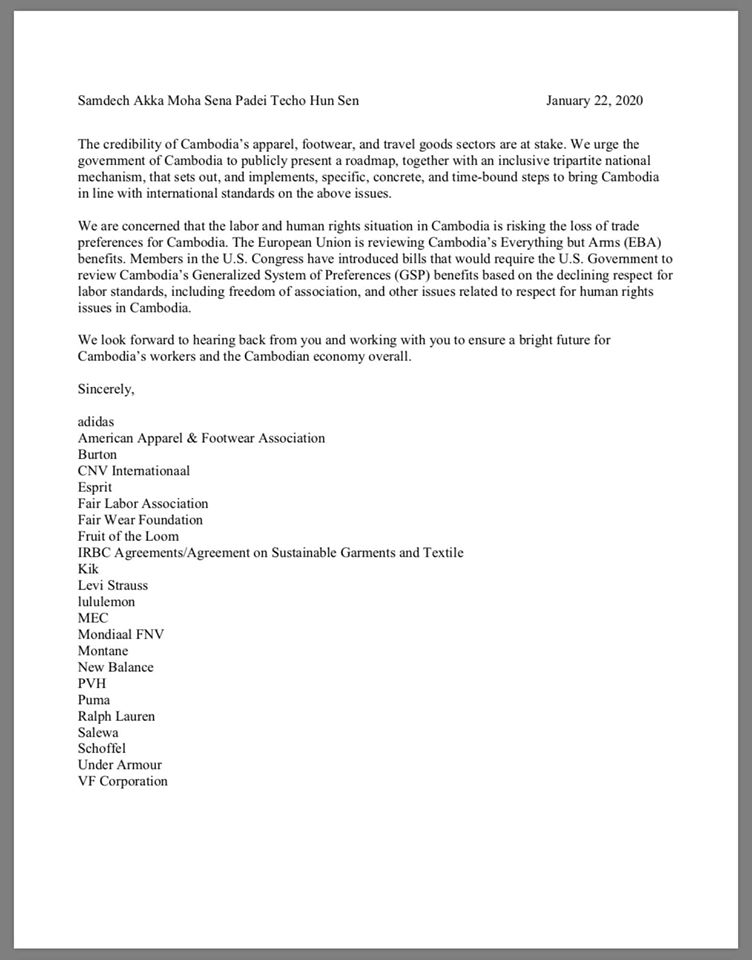
The letter urges the government of Prime Minister Hun Sen to amend a trade union law, repeal the law on non-governmental organizations (NGOs) and drop all outstanding criminal charges against union leaders.
“The credibility of Cambodia’s apparel, footwear, and travel goods sectors are at stake,” said the letter, seen by Reuters.
“We are concerned that the labor and human rights situation in Cambodia is risking the loss of trade preferences for Cambodia,” they added.
Government spokesman Phay Siphan did not immediately respond to Reuters request for comment on Friday.
Labour Ministry spokesman Heng Sour said he had not seen the letter but said it “might contain the same out of date concerns that we have already addressed according to the Cambodian law and legal process”.
The European Union will decide next month whether or not to strip Cambodia of its “Everything but Arms (EBA)” initiative after a European Commission report found that Hun Sen’s government has cracked down on the opposition, civil society groups and the media.
The European Union accounts for nearly half of Cambodia’s exports, the country’s largest industry, which employs about 700,000 people and accounts for 40 percent of gross domestic product.
The letter, sent to Hun Sen on Wednesday, represents major apparel and footwear companies, including Adidas, Levis Strauss, New Balance, Puma, Ralph Lauren, Under Armour, VF Corporation and American Apparel & Footwear Association.
Continue reading
